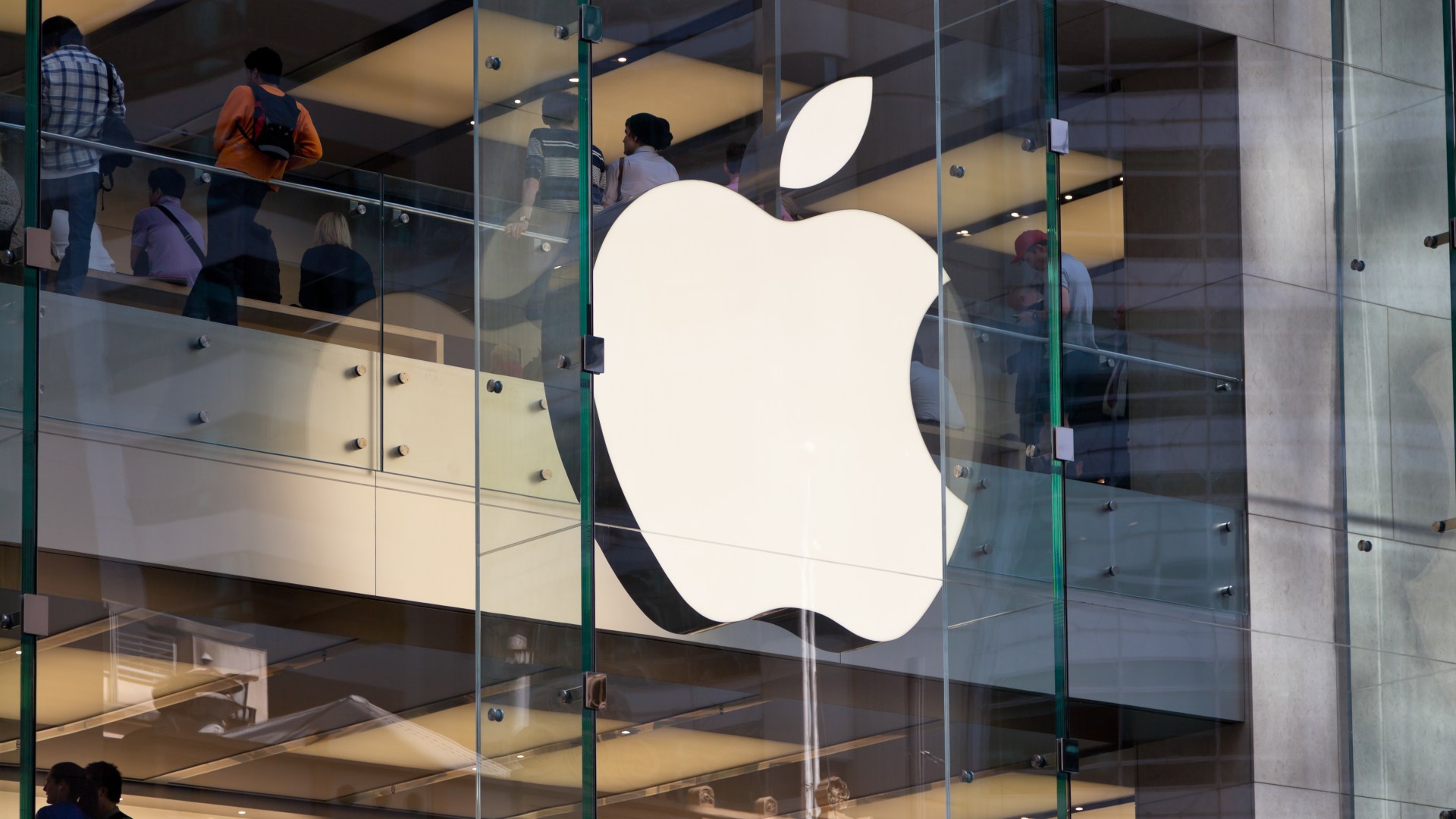APPLE is urging iPhone owners to be alert to five signs of fraud.
This comes as a new SMS attack targeting Apple customers spreads across the US.
On a recently updated security support page, Apple explains that phishing is a common social engineering tactic.
This practice is designed to get you to reveal important information about yourself, which will then be used to scam you.
According to Apple, scammers use every means possible to trick you into sharing information or giving money, including:
- Fraudulent emails and other messages that appear to come from legitimate companies, including Apple.
- Misleading pop-ups and ads indicating that there is a security problem on your device.
- Scam phone calls or voicemails impersonating Apple Support, Apple partners, and other known or trusted entities or individuals.
- Fake promotions offering free products and prizes.
- Unwanted calendar invitations and subscriptions.
“If you are suspicious of an unexpected message, phone call, or request for personal information, such as your email address, phone number, password, security code, or money, you should assume it is a scam and contact the company directly if necessary,” Apple writes.
By avoiding these five warning signs, you can better protect Apple customers from phishing campaigns like the one currently attempting to steal Apple IDs.
A new phishing campaign involves Apple customers receiving a text message that reads: Apple important iCloud request: Visit sign in[.]authenticate connection[.]info/icloud to continue using your services.
The link points to a malicious website with a fake iCloud login template that sends your email address and password directly to scammers.
Apple has reminded customers of eight dos and don’ts to help avoid scams targeting your account and devices, including:
- Never share or agree to enter personal information or security information such as passwords or security codes on a web page that someone directs you to.
- Protect your Apple ID. Use two-factor authentication, always keep your contact information secure and up to date, and never share your Apple ID password or verification codes with anyone. Apple will never ask for this information to provide support.
- Never use Apple Gift Cards to make payments to other people.
- Learn how to identify legitimate Apple emails about your App Store or iTunes Store purchases. If you send or receive money with Apple Cash (U.S. only), treat it like any other private transaction.
- Learn how to keep your Apple devices and data safe.
- Download software only from sources you can trust.
- Do not click on links or open or save attachments in suspicious or unsolicited messages.
- Do not answer suspicious calls or messages claiming to be from Apple. Instead, contact Apple directly through our official support channels.
If you suspect that your Apple ID has been compromised, we recommend that you change your Apple ID password immediately.
If you entered your password or other personal information on a fraudulent website, you should also change your password.
Apple is also urging customers to ensure two-factor authentication is enabled for their accounts.
What is phishing?
THIS is what you need to know:
- Phishing is a form of online fraud
- It is usually an attempt to steal some of your data
- In phishing, scammers usually pretend to be a trustworthy entity.
- For example, fraudsters may send you an email pretending to be your bank and asking for information
- Scammers can also set up fake websites that look like real websites, just to trick you.
- Phishing can occur via email, social media, text messages, phone calls and more
- The best defense against phishing is to be generally skeptical of web links and emails, especially if they are sent unsolicited.
